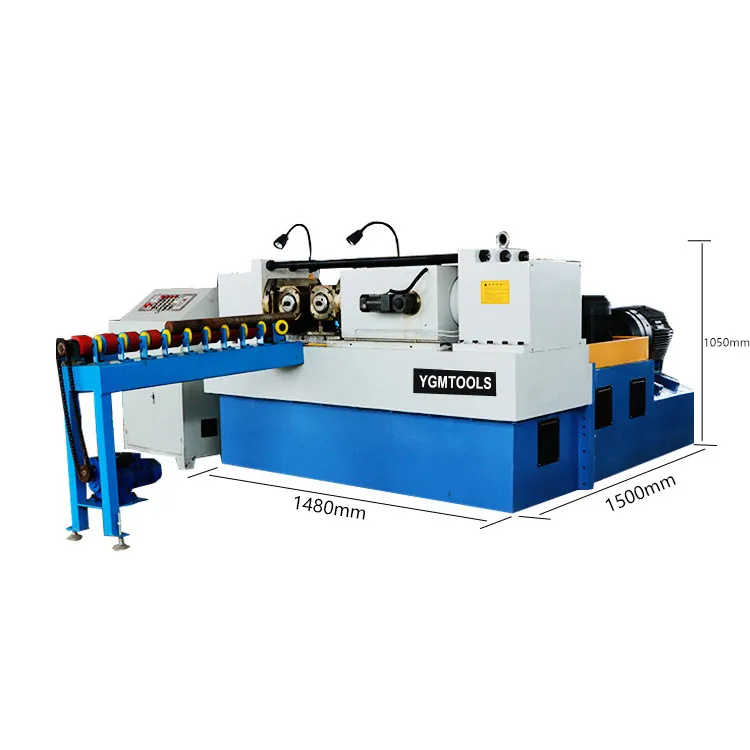
-
 Afrikaans
Afrikaans -
 Albanian
Albanian -
 Amharic
Amharic -
 Arabic
Arabic -
 Armenian
Armenian -
 Azerbaijani
Azerbaijani -
 Basque
Basque -
 Belarusian
Belarusian -
 Bengali
Bengali -
 Bosnian
Bosnian -
 Bulgarian
Bulgarian -
 Catalan
Catalan -
 Cebuano
Cebuano -
 Corsican
Corsican -
 Croatian
Croatian -
 Czech
Czech -
 Danish
Danish -
 Dutch
Dutch -
 English
English -
 Esperanto
Esperanto -
 Estonian
Estonian -
 Finnish
Finnish -
 French
French -
 Frisian
Frisian -
 Galician
Galician -
 Georgian
Georgian -
 German
German -
 Greek
Greek -
 Gujarati
Gujarati -
 Haitian Creole
Haitian Creole -
 hausa
hausa -
 hawaiian
hawaiian -
 Hebrew
Hebrew -
 Hindi
Hindi -
 Miao
Miao -
 Hungarian
Hungarian -
 Icelandic
Icelandic -
 igbo
igbo -
 Indonesian
Indonesian -
 irish
irish -
 Italian
Italian -
 Japanese
Japanese -
 Javanese
Javanese -
 Kannada
Kannada -
 kazakh
kazakh -
 Khmer
Khmer -
 Rwandese
Rwandese -
 Korean
Korean -
 Kurdish
Kurdish -
 Kyrgyz
Kyrgyz -
 Lao
Lao -
 Latin
Latin -
 Latvian
Latvian -
 Lithuanian
Lithuanian -
 Luxembourgish
Luxembourgish -
 Macedonian
Macedonian -
 Malgashi
Malgashi -
 Malay
Malay -
 Malayalam
Malayalam -
 Maltese
Maltese -
 Maori
Maori -
 Marathi
Marathi -
 Mongolian
Mongolian -
 Myanmar
Myanmar -
 Nepali
Nepali -
 Norwegian
Norwegian -
 Norwegian
Norwegian -
 Occitan
Occitan -
 Pashto
Pashto -
 Persian
Persian -
 Polish
Polish -
 Portuguese
Portuguese -
 Punjabi
Punjabi -
 Romanian
Romanian -
 Russian
Russian -
 Samoan
Samoan -
 Scottish Gaelic
Scottish Gaelic -
 Serbian
Serbian -
 Sesotho
Sesotho -
 Shona
Shona -
 Sindhi
Sindhi -
 Sinhala
Sinhala -
 Slovak
Slovak -
 Slovenian
Slovenian -
 Somali
Somali -
 Spanish
Spanish -
 Sundanese
Sundanese -
 Swahili
Swahili -
 Swedish
Swedish -
 Tagalog
Tagalog -
 Tajik
Tajik -
 Tamil
Tamil -
 Tatar
Tatar -
 Telugu
Telugu -
 Thai
Thai -
 Turkish
Turkish -
 Turkmen
Turkmen -
 Ukrainian
Ukrainian -
 Urdu
Urdu -
 Uighur
Uighur -
 Uzbek
Uzbek -
 Vietnamese
Vietnamese -
 Welsh
Welsh -
 Bantu
Bantu -
 Yiddish
Yiddish -
 Yoruba
Yoruba -
 Zulu
Zulu
Innovative Hydraulic Threading Machine for Precision Pipe Threading Applications
The Advancements in Hydraulic Threading Machines
In the modern manufacturing landscape, efficiency and precision are paramount. Among the various tools that facilitate this efficiency, hydraulic threading machines stand out as robust solutions for creating high-quality threaded connections. These machines utilize hydraulic power to generate the necessary torque and force to cut threads, making them a staple in industries such as plumbing, manufacturing, and construction.
Hydraulic threading machines have evolved significantly over the years. Traditional threading methods were often labor-intensive and time-consuming, relying heavily on manual effort and basic mechanical systems. However, with the introduction of hydraulic systems, these machines now offer enhanced performance and precision. By converting hydraulic pressure into mechanical energy, these machines can perform threading at speeds and accuracies that were previously unattainable.
The Advancements in Hydraulic Threading Machines
Safety is another critical aspect that hydraulic threading machines address effectively. Traditional threading methods often posed risks to operators due to the manual handling of heavy materials and the use of cumbersome equipment. In contrast, hydraulic machines are designed with safety features such as emergency stops and controls that minimize operator exposure to hazards. This focus on safety not only protects workers but also ensures compliance with industry regulations, fostering a safer work environment.
famous hydraulic threading machine

Efficiency in production is vital for industries aiming to reduce costs and improve profitability. Hydraulic threading machines are engineered for speed, enabling operators to complete threading tasks significantly faster than with older mechanical systems. This increased productivity allows businesses to take on more projects and fulfill orders within tighter deadlines, which is essential in today's fast-paced markets. In addition, the precision offered by hydraulic threading machines leads to fewer errors and reworks, further enhancing overall efficiency.
The technological advancements in hydraulic threading machines are not limited to their mechanical capabilities. Many modern units come equipped with digital controls, allowing for programmable threading operations. This feature not only enhances precision but also enables operators to save specific threading parameters for future use, thus streamlining the production process. Incorporating technologies such as CNC (Computer Numerical Control) has significantly transformed the functionality of these machines, ensuring that complex threading requirements can be met with ease and consistency.
Furthermore, the integration of hydraulic threading machines with advanced monitoring systems is revolutionizing maintenance practices. Predictive maintenance technologies allow operators to monitor the condition of the machine in real time, potentially identifying issues before they lead to breakdowns. This proactive approach not only reduces downtime but also extends the lifespan of the equipment, representing a sound investment for businesses.
In conclusion, hydraulic threading machines represent a crucial advancement in the manufacturing and construction sectors, redefining threading operations through efficiency, precision, and safety. Their ability to adapt to various materials and sizes, combined with modern technological integrations, makes them indispensable tools in contemporary industrial practices. As industries continue to evolve, the importance of reliable and efficient machinery like hydraulic threading machines cannot be overstated. Embracing these innovations not only enhances productivity but also paves the way for a more effective and safe working environment. As we look to the future, the potential for further advancements in hydraulic threading technology promises even greater improvements for industries worldwide.
